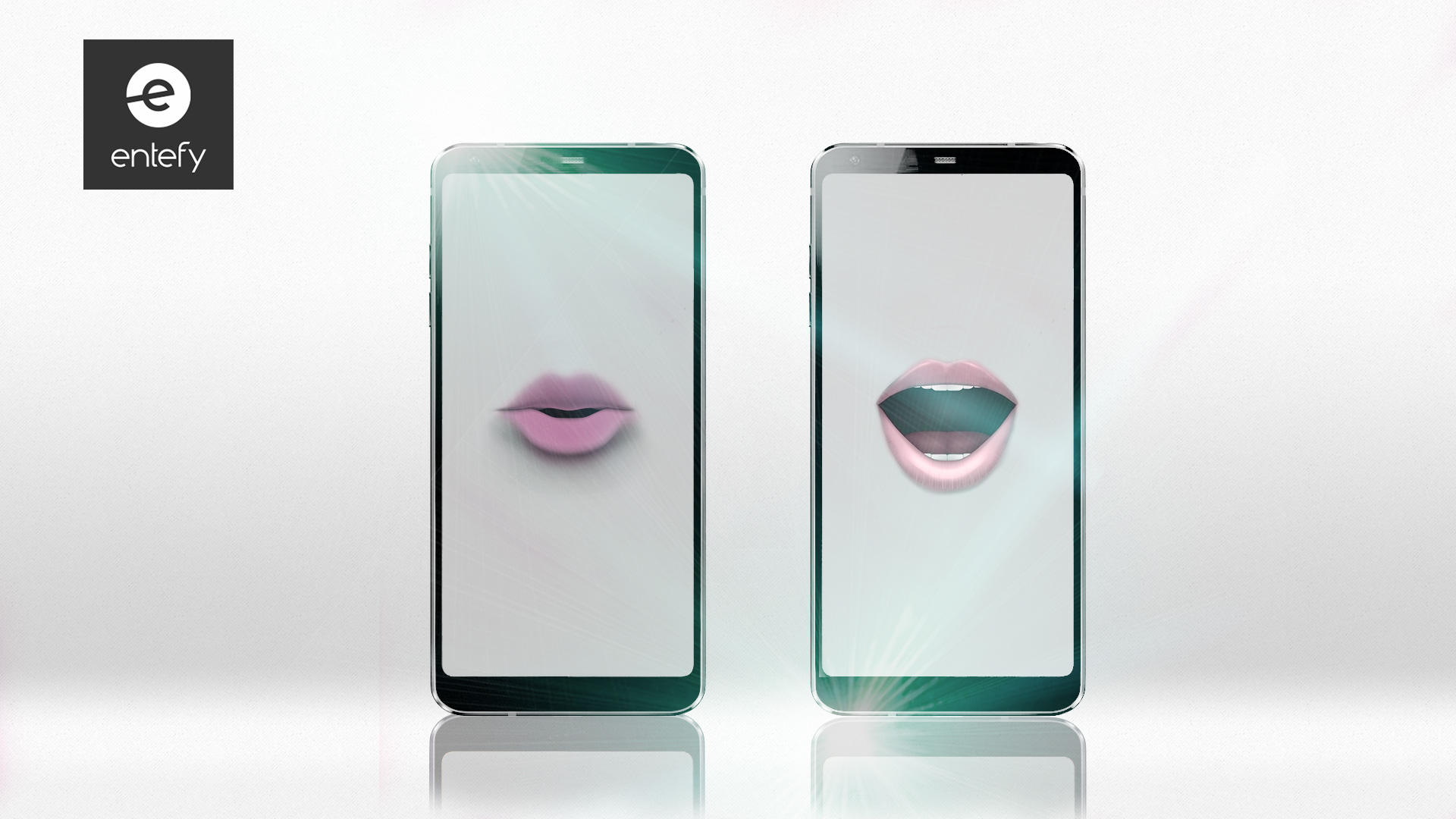here’s a healthy debate under way on whether there is such a thing as smartphone addiction and, if so, just what the implications are. The Google Trends chart for the term “smartphone addiction” looks like the stock chart of a healthy growth company (up, up, and away), suggesting at the very least that more people every day are beginning to look into the topic and perhaps question their own levels of dependence on digital devices.
No matter where you stand on issues of device use or abuse, it can’t be denied that digital technology in general is changing aspects of longstanding human interactions. From dating and romance to teen depression to parenting strategies, digital devices are central to the evolution of some of our most fundamental human relationships.
What follows is a quick roundup of recent advances in our understanding of how digital is impacting human relationships.
- Online matchmaking is the new normal. Online dating is the second most popular method for meeting a romantic partner behind an introduction by a mutual acquaintance. That statistic says something insightful about technology and its limits. On the one hand, people have become comfortable using technology as a tool to enhance their relationships. On the other, we still ultimately prefer a very traditional, non-tech way to meet someone new.
- The health of a romantic relationship can be predicted by smartphone usage. A psychological study mapped the impact of varying degrees of smartphone usage on the health of a relationship. The research found that “participants’ smartphone dependency is significantly linked to relationship uncertainty, while partners’ perceived smartphone dependency predicts less relationship satisfaction.” The key word here is dependency. Smartphone use wasn’t seen as a problem, but dependency (distracted overreliance) clearly drained partners’ satisfaction.
- The link between teen depression and smartphone use is unclear. A psychologist at San Diego State University published a study in Clinical Psychology Science that explored the links between smartphone use and teen depression. The study used data on 500,000 teenagers’ smartphone and Internet habits produced by two surveys that have been ongoing since 1991. On the surface, there has been a rise in teen depression and teen suicides during the smartphone era. Yet additional research is needed to understand the complex interplay of device and social media use to reveal more about root causes.
- Understanding of the “social paradox” is growing. There’s a paradox at the center of social media. One the one hand, users of Facebook and Instagram tend to share highlights of the best moments of their lives. Think weddings, vacations, newborns. Yet the data suggests that social media use has clear links to very negative mental health effects, including anxiety, depression, and low self-esteem. One large study out of Harvard found that the more a person uses Facebook, the worse they tend to feel: “Overall, our results showed that, while real-world social networks were positively associated with overall well-being, the use of Facebook was negatively associated with overall well-being.”
- Teen use of sexually explicit material has links to dating violence. It’s long been conventional wisdom that the pornography industry has long been a driver of technological change. What’s emerging is a more concerning link between the teenagers’ consumption of sexually explicit material online and violence inside relationships. These findings came from research that examined the results of 43 separate studies on the topic.
- “Screen time” is a new factor in parent-child relationships. Parents these days wrestle with screen time management, that catch-all phrase for the time children spend using computers, tablets, and smartphones. It’s not a new concern, in that parents of previous generations struggled with how much TV a child should consume. But there are key differences, namely how a device with an Internet connection opens the door to accessing practically any type of information or content. Contrasted with the known quantity that was the network TV schedule and its built-in censors. One study from Oxford University into the “Goldilocks Hypothesis”—the idea that there is an optimal, “just right” amount of screen time—concluded that moderate use of digital technology doesn’t appear to be harmful to adolescents and may in fact have benefits; though the authors acknowledged that further study was required before recommendations could be made.
Entefy has written extensively on the links between digital device use and everyday wellbeing, most recently in an examination of how technology abuse impacts our health.
